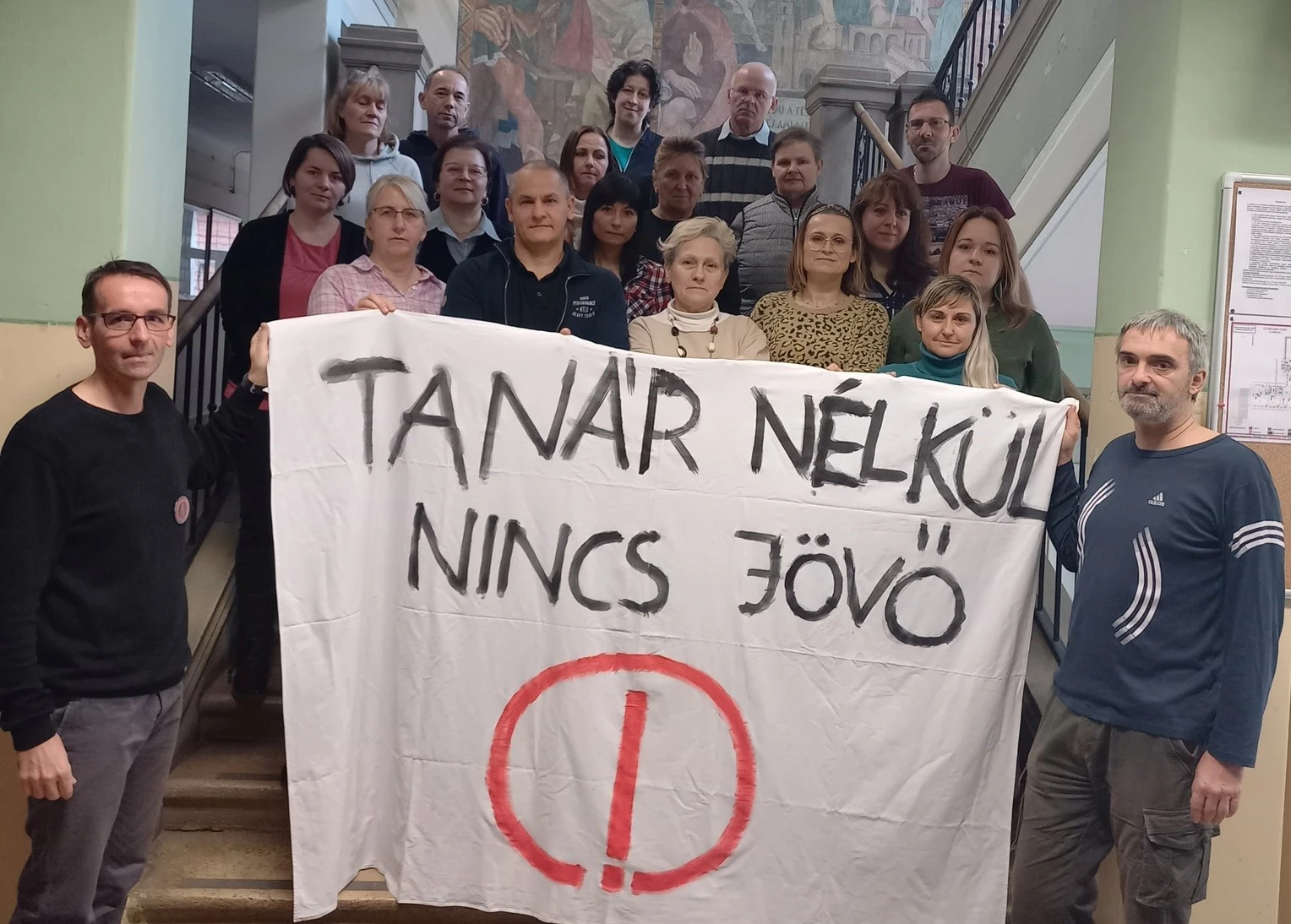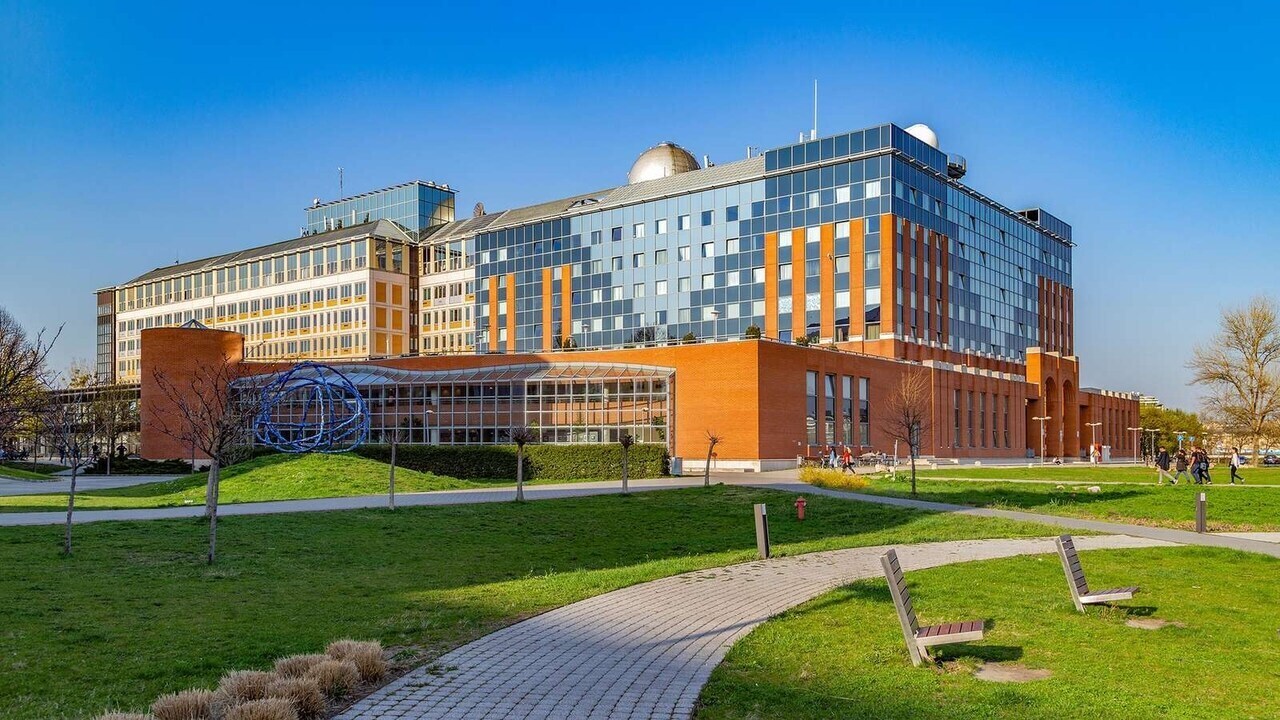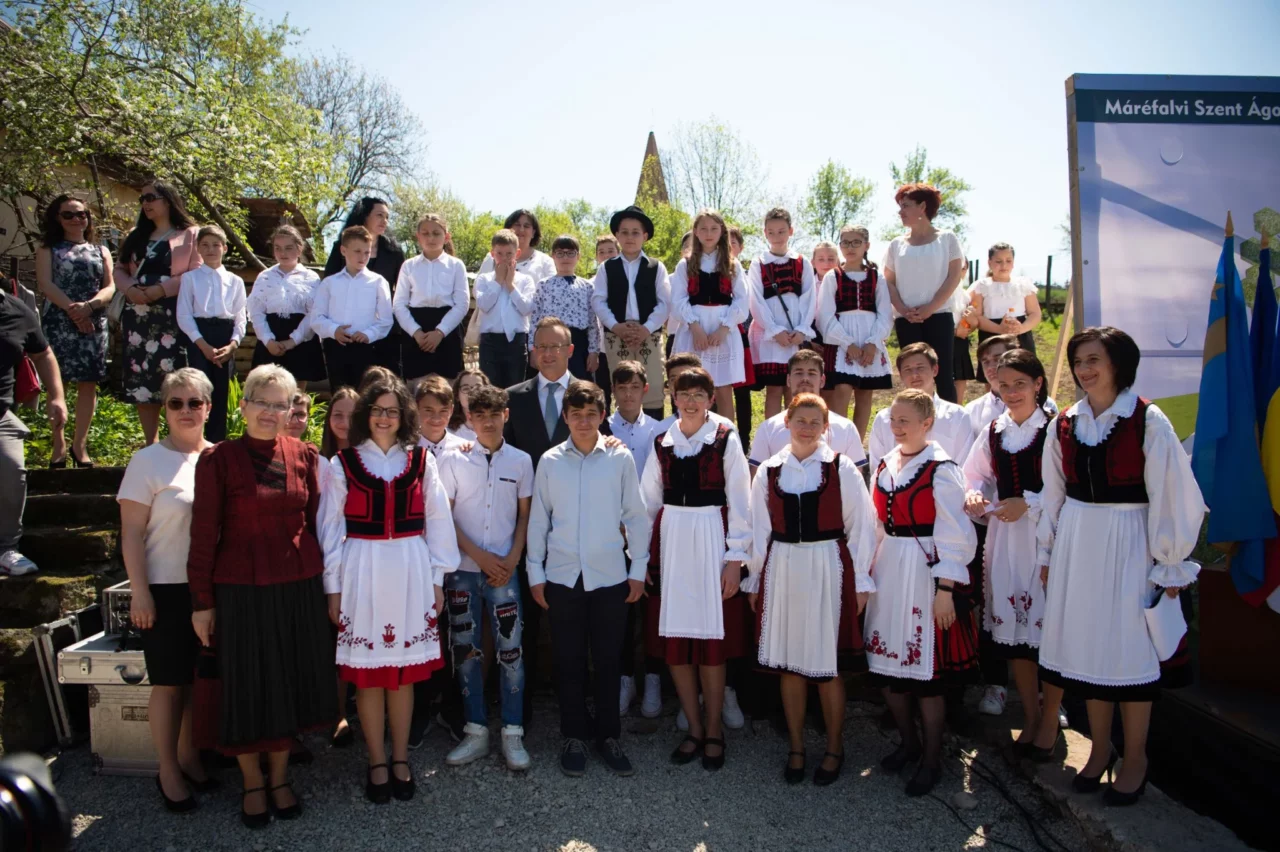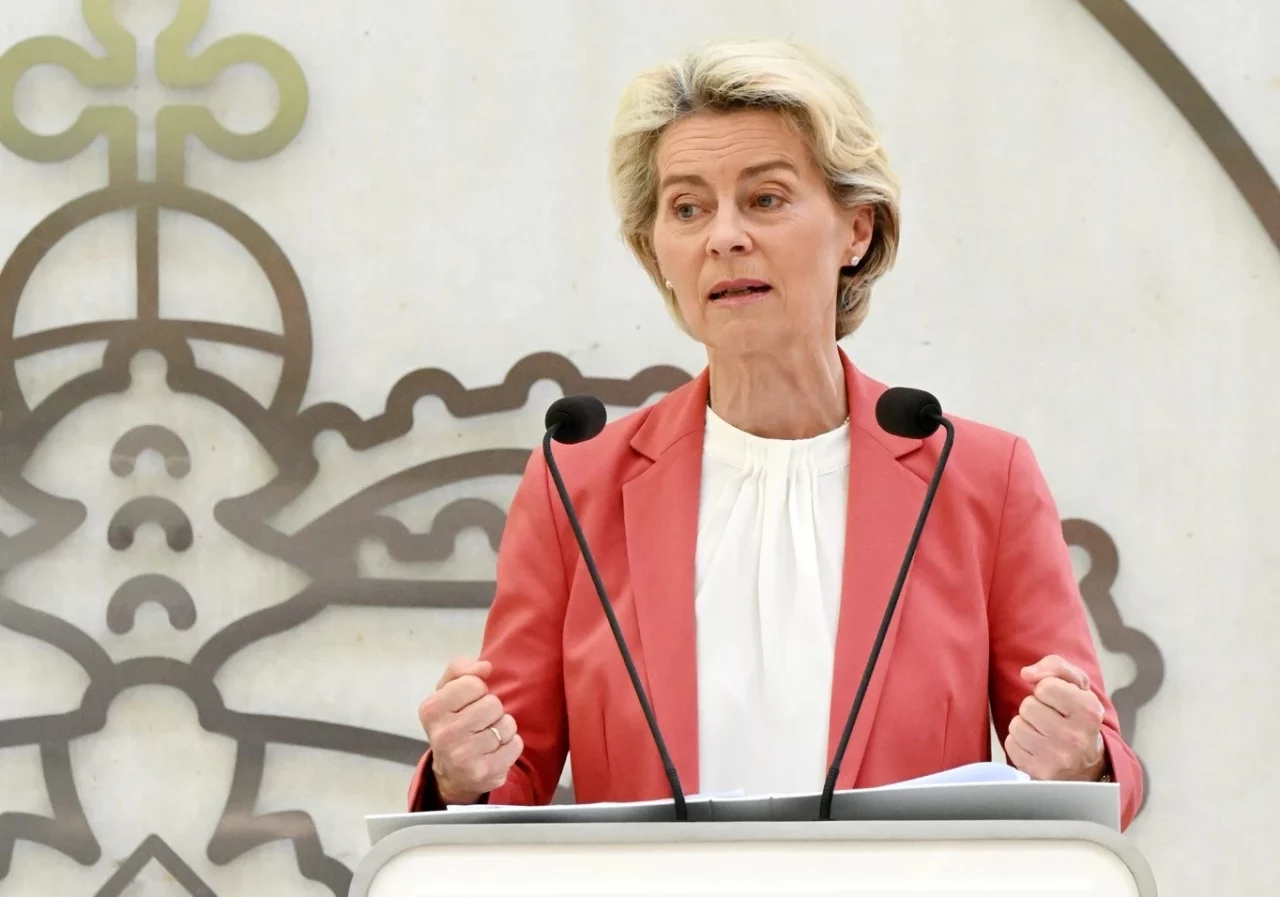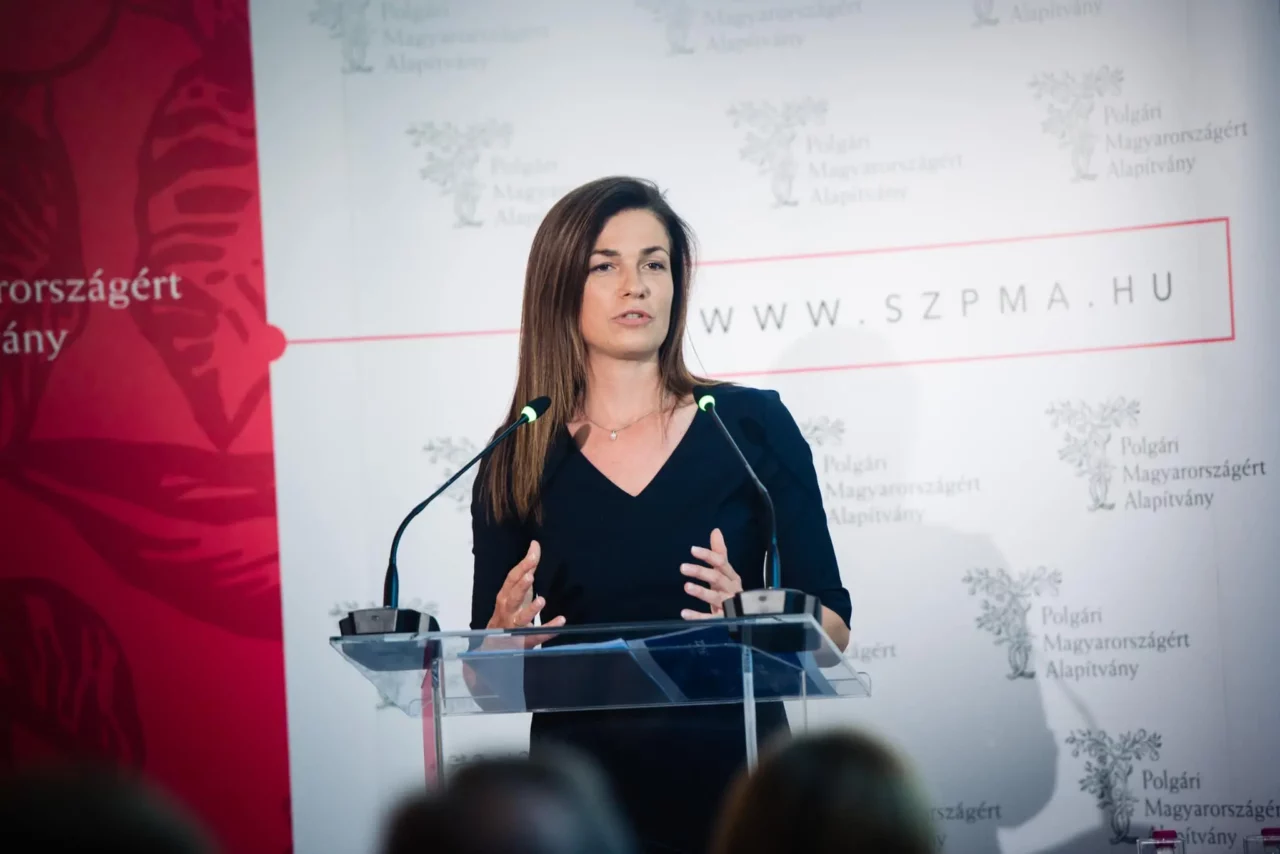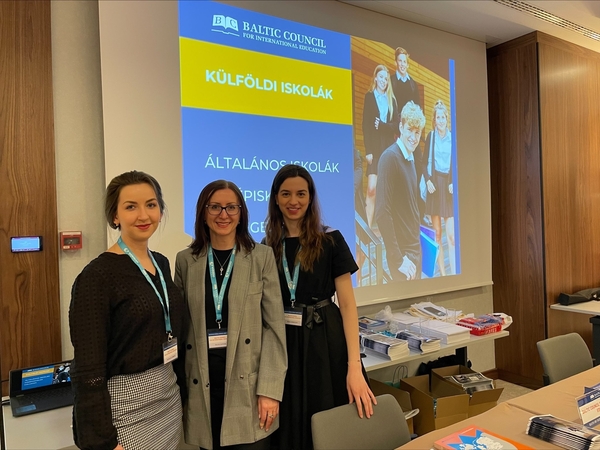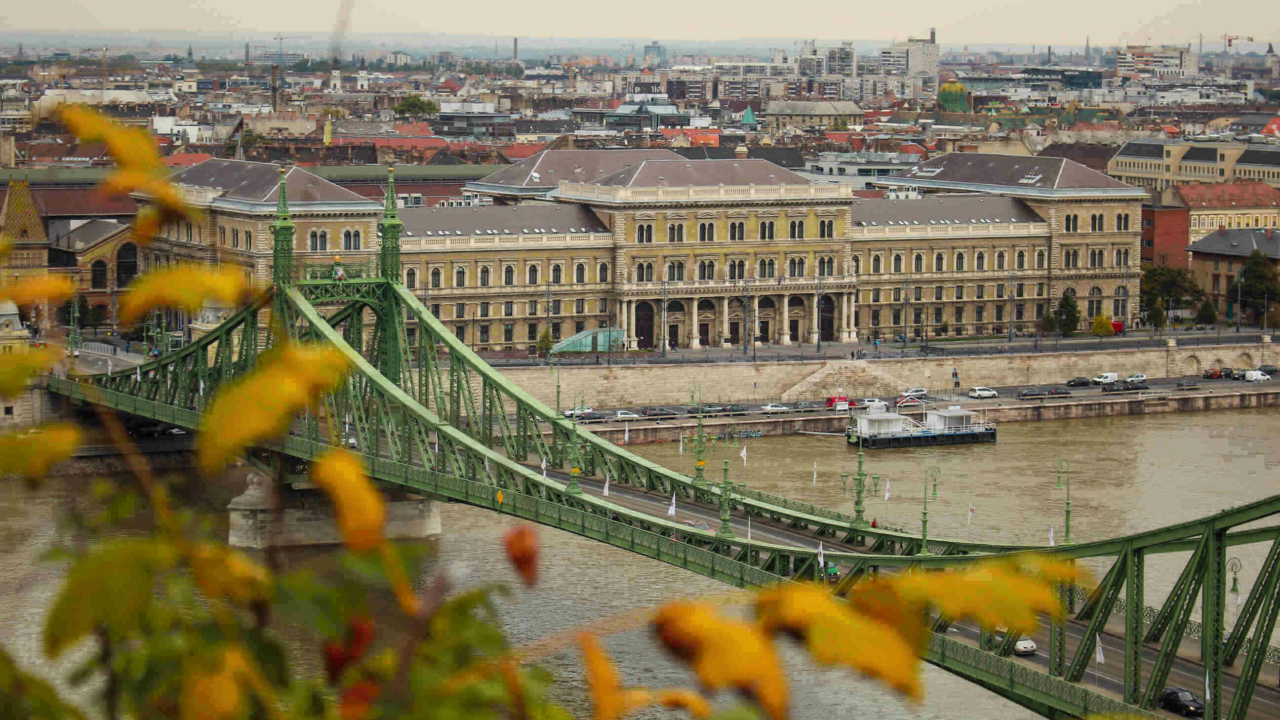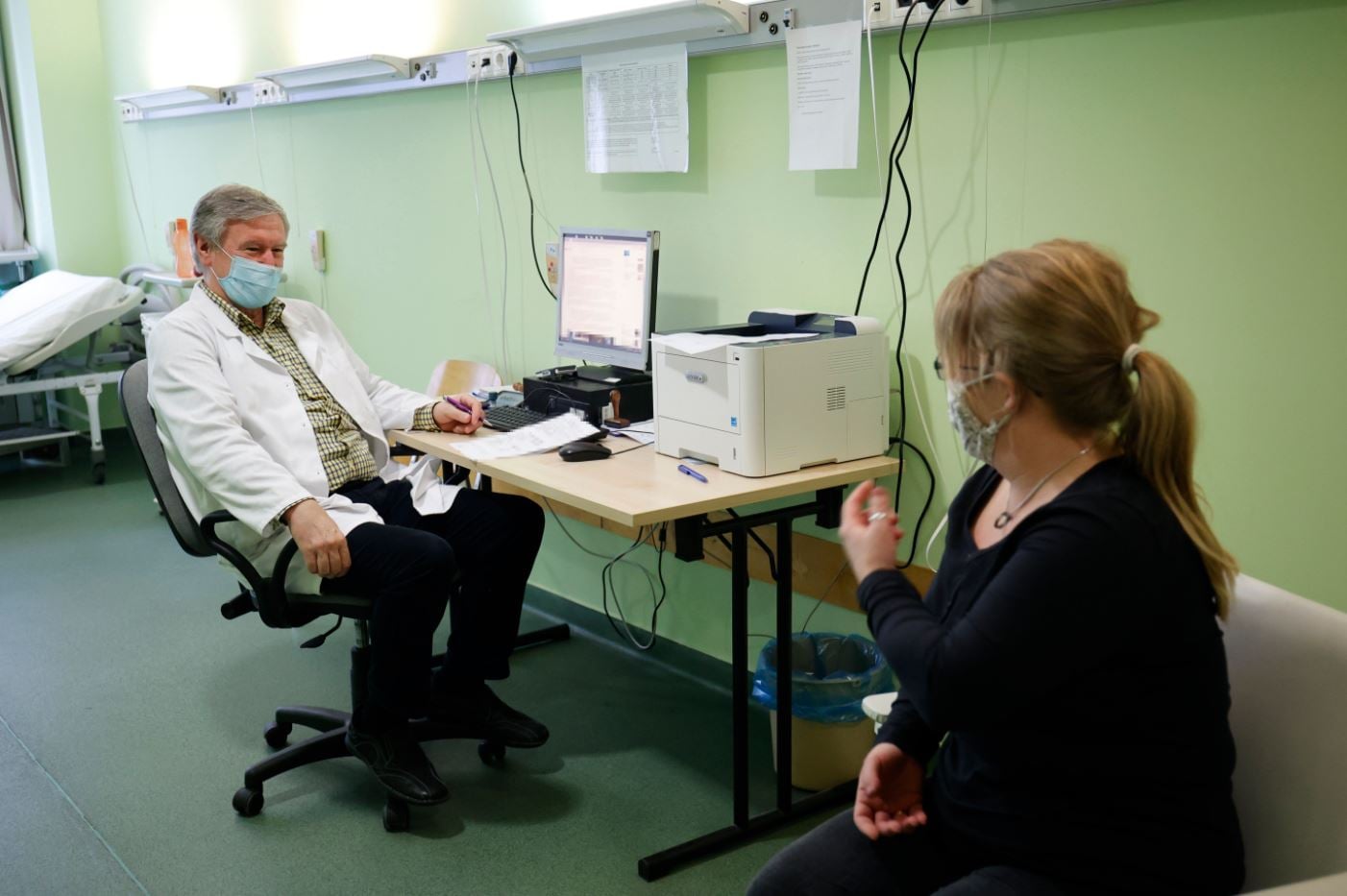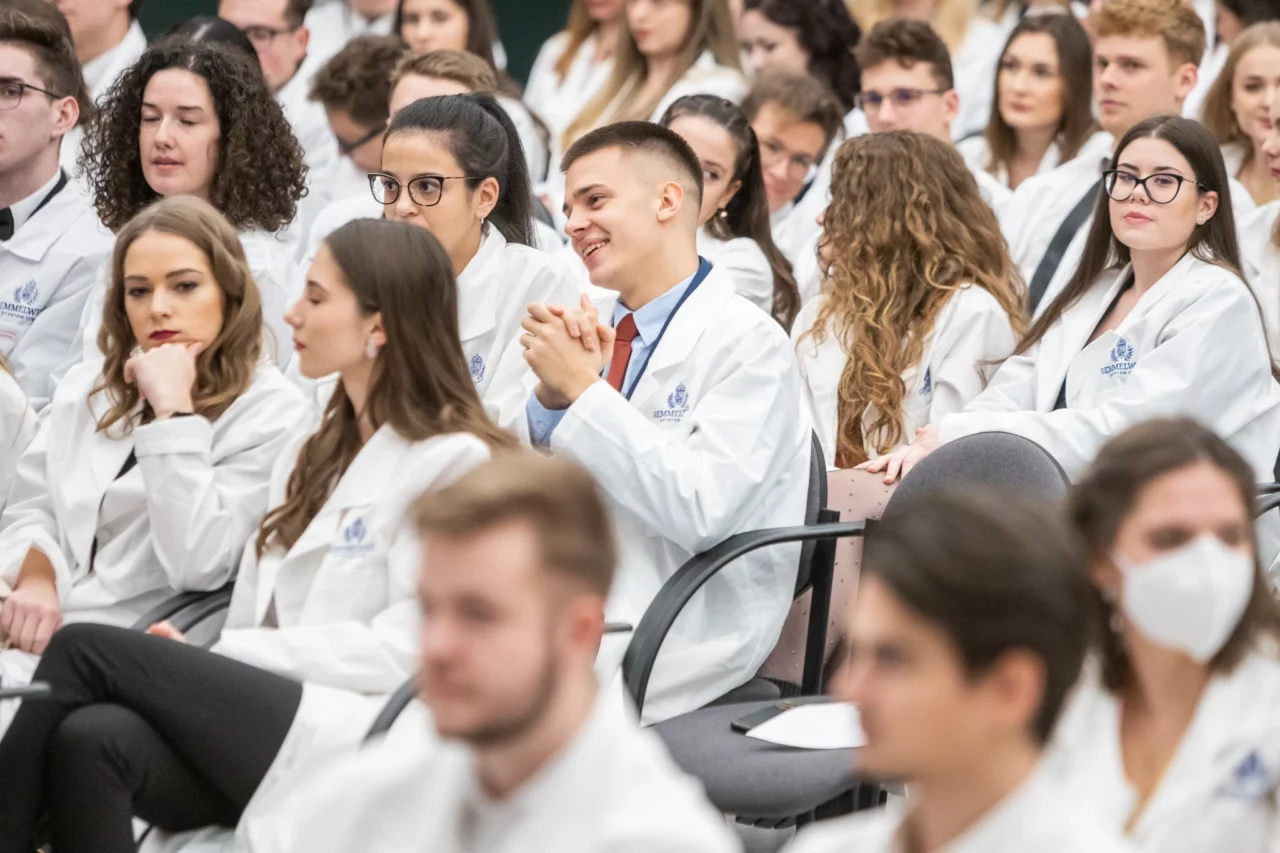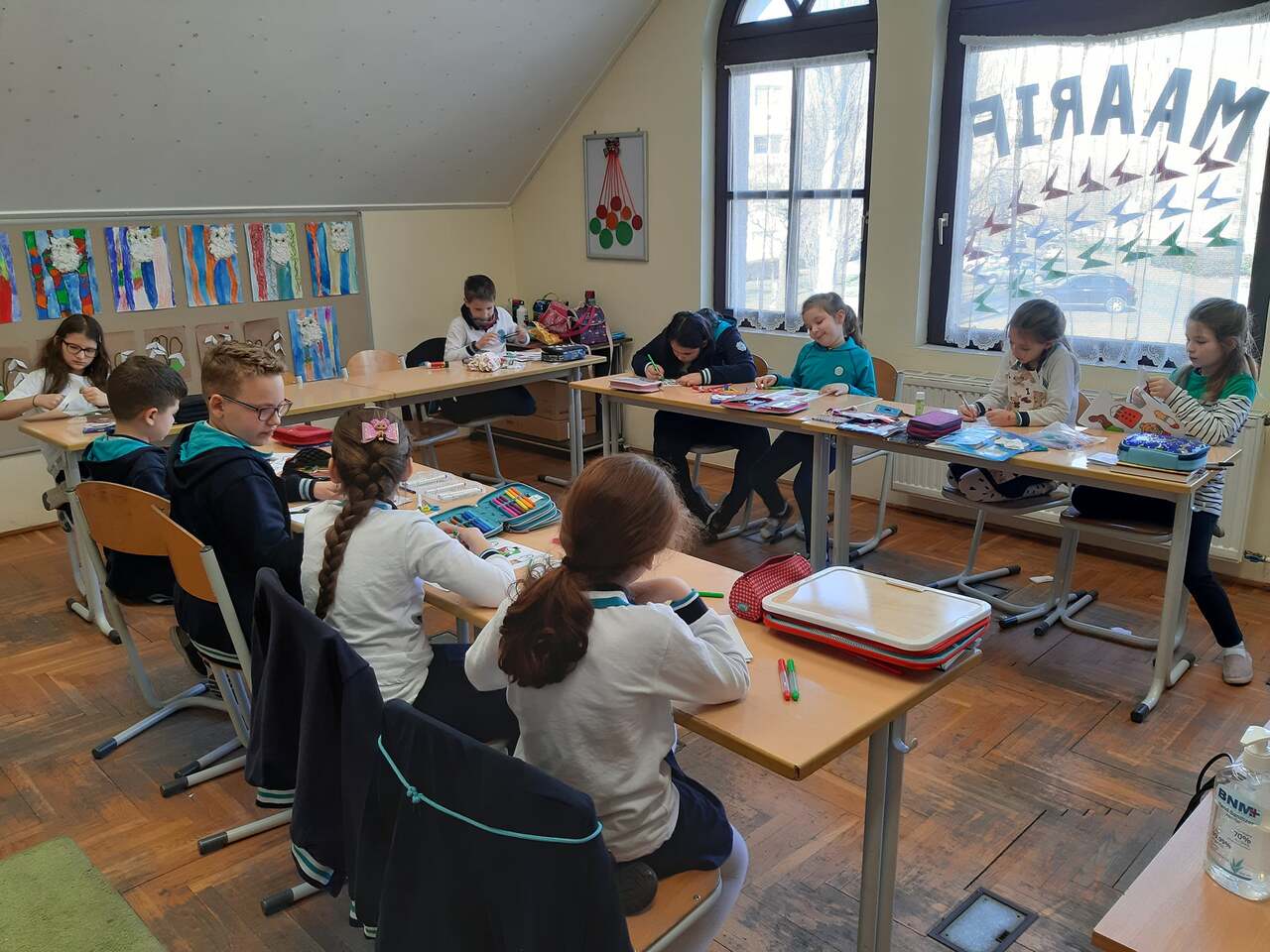The Central Statistics Office (KSH) has released new data on jobs with the highest gross wages in the country for the year 2022. Pénzcentrum gathered and compiled all the important information regarding these workplaces. Surprisingly, not all of them even require a university degree.
Between December and January 2022, the monthly average gross wage of an employed Hungarian reached HUF 515,800 (EUR 1377.84). This means a rise of 17.5 percent compared to the previous year. However, with an average inflation rate of 14.5 percent, in practice, this only means an increase of 2.6 percent in real wages, Pénzcentrum wrote.
Read also: Inflation to accelerate in Hungary in the future
The perception of these changes may differ a lot from person to person, as there are still huge differences between the highest and the lowest-paid people in the country. Most jobs where higher wages are present usually require the possession of a diploma. However, there are some, which are not technically linked to any degree, but having one in the field means an advantage. Let’s take a closer look at some of the best-paid jobs in Hungary in 2022.
Air traffic controller
You might be surprised, but excluding doctors who work in specialised fields, air traffic controllers make the most money in Hungary. With an average monthly wage of HUF 2.3 million (EUR 6143.90), this is the highest-grossing profession in the country. In addition, it is one that does not require a degree in higher education.
However, to pursue this career, one does need to take a very demanding and strict test. If that wasn’t hard enough, keep in mind, that this can only be taken once.
Decisionmaker, minister, state secretary
The second place is occupied by who else, but politicians. Grossing at an average of HUF 1.8 million (EUR 4808.27) a month, this is also a profession that does not necessarily require a diploma. While the overwhelming majority of those who concern themselves with politics own a degree mostly in the fields of law or economy, we can mention several prominent examples who don’t possess such a paper.
This career is mostly not determined by skillsets and knowledge but through connections and appointments. Members of parliament, government and municipal representatives are not required by law to have finished any programme in higher education.
Professional athlete
Those who make a living from sports earn a gross monthly wage of HUF 1.4 million (EUR 3739.77). Unfortunately for those athletes who compete professionally, they often must decide at a young age, to either continue their studies or focus on their sports career.
Those who chose the latter, often don’t find the time and energy required to obtain a degree. While many do so regardless, it is not an expectation from elite athletes to have a degree in any field.
Stockbrokers
Those employed in the profession predominantly possess a degree in economics. However, the trade also invites people from different areas of study. What they have in common, is that they all need to pass the brokerage exam, before starting employment.
This requires knowledge from the combined fields of law, mathematics and economy. Those who manage to do so successfully can expect an average gross wage of HUF 1.3 million (EUR 3472.64) a month.
Software Developer
Barely scraping over the magic mark, those employed in the field earn a gross average wage of a little bit over HUF 1 million (EUR 2671.26) monthly. While having a diploma connected to computer studies is definitely an advantage here, due to the high demand for skilled and experienced professionals, one can take up employment after completing a 6-month crash course.
And the rest
In the latter half of the list, the average gross wages all fall below HUF 1 million (EUR 2671.26) a month. These jobs include for example therapists of alternative medicine, train drivers and system administrators.
We should mention, that while many professions exist, where it is possible to earn a good salary without the requirement of a degree, having one will often provide a competitive advantage. This is not only because of the paper the university provides for graduates but also all the know-how and practical experience one acquires during their studies.
Read also:





